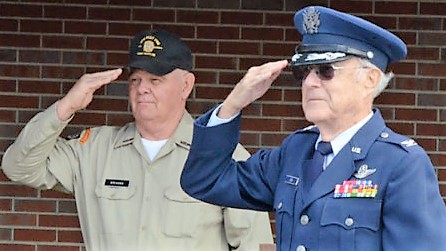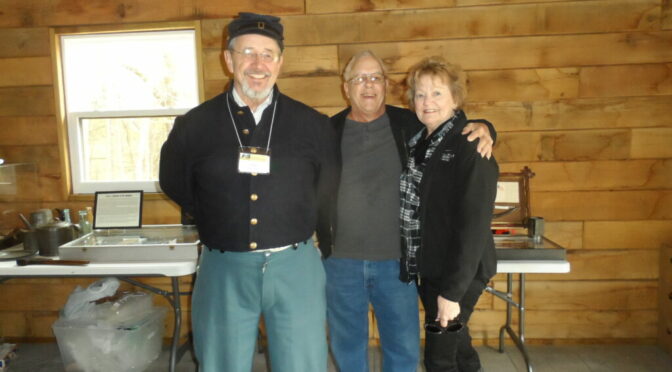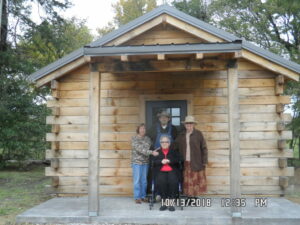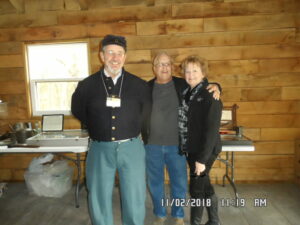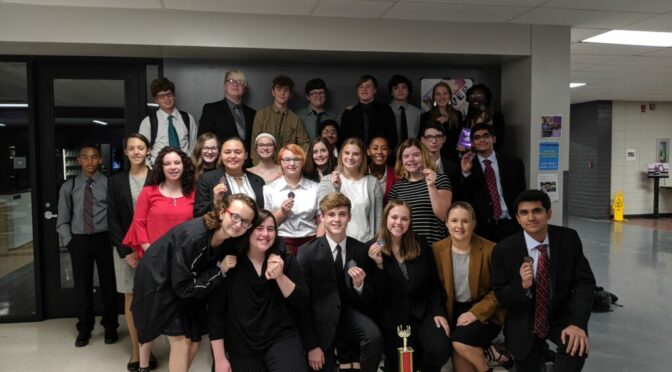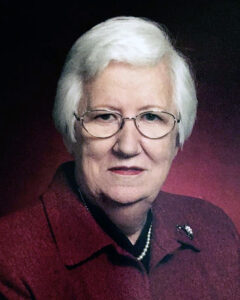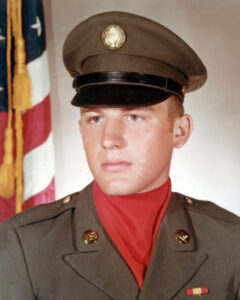
Dennis Allen Hartman, age 68, a resident of Ft. Scott, Kansas passed away Sunday, October 6, 2019, at his home. He was born May 6, 1951, in Ft. Scott, the son of Leo Allen Hartman and Arla Eloyce Ater Hartman. Dennis grew up on the family farm southeast of Uniontown, Kansas. He was a member of the Mt. Orum Baptist Church and was also active with the Uniontown Boy Scout Troop where he received the God and Country Award.
While in high school, he was active with athletics and held several records in basketball. He graduated from the Uniontown High School with the Class of 1968. He later graduated from Ft. Scott Junior College and Pittsburg State University with a degree in education.
Dennis served with the Kansas Army National Guard for six years. He later worked for the Western Insurance Company where he worked at agencies in San Antonio, Texas and Derby, Kansas. He later worked for Farmers Casualty Insurance Company in West Des Moines, Iowa. Following his work in insurance, Dennis worked at a car dealership in Iowa.
Golfing was always a favorite pastime. He achieved three hole-in-ones on PGA ranked golf courses. He also managed a golf course in Iowa and was most recently employed as club house manager of the Woodland Hills Golf Course in Ft. Scott. In addition to golfing, he also enjoyed hunting and fishing.
Survivors include his parents, Leo and Arla Hartman, of Ft. Scott, Kansas; two brothers, Mark Hartman and wife, Sherri, of Uniontown, Kansas and Jerry Hartman and wife, Barbie, of Everett, Washington; three nieces, two nephews, two great-nieces and two great-nephews.
Following cremation, a memorial service will be held at 10:30 A.M. Saturday, October 12th at the Cheney Witt Chapel.
Private burial will take place in the Uniontown Cemetery.
The family will receive friends on Saturday from 9:30 A.M. until service time at the Cheney Witt Chapel.
Memorials are suggested to the American Cancer Society and may be left in care of the Cheney Witt Chapel, 201 S. Main, P.O. Box 347, Ft. Scott, KS 66701. Words of remembrance may be submitted to the online guestbook at cheneywitt.com.

